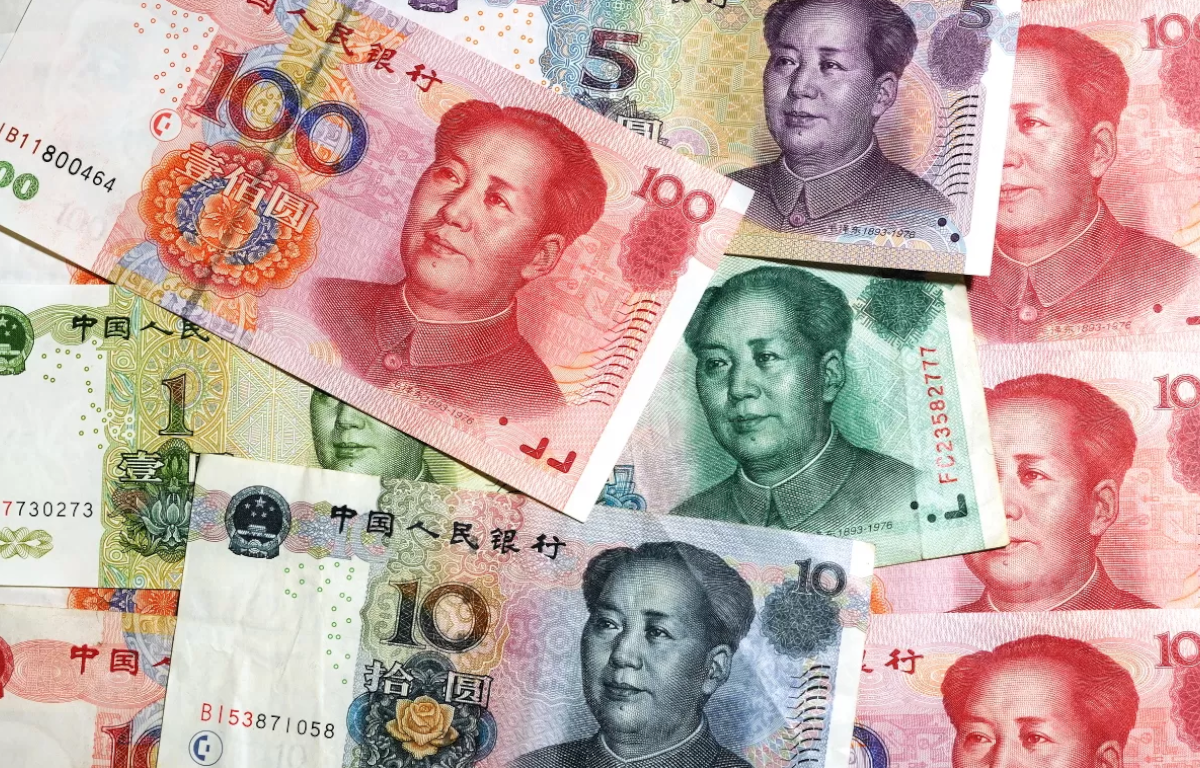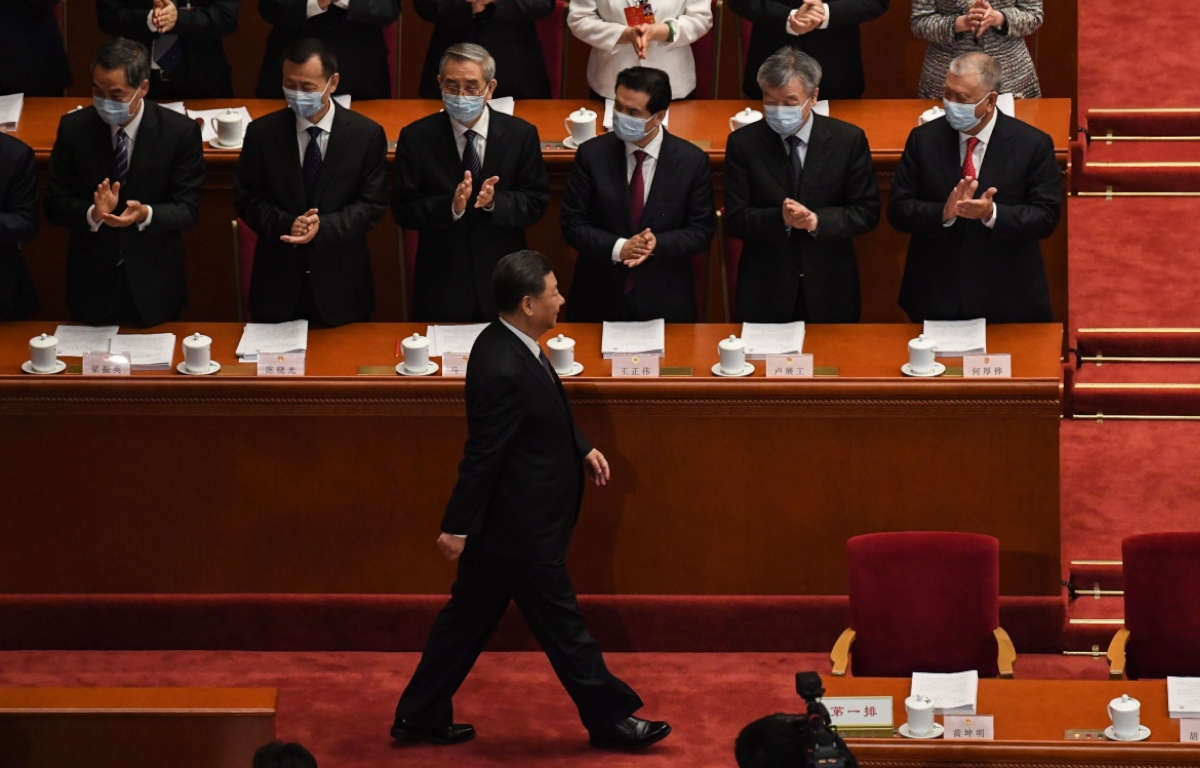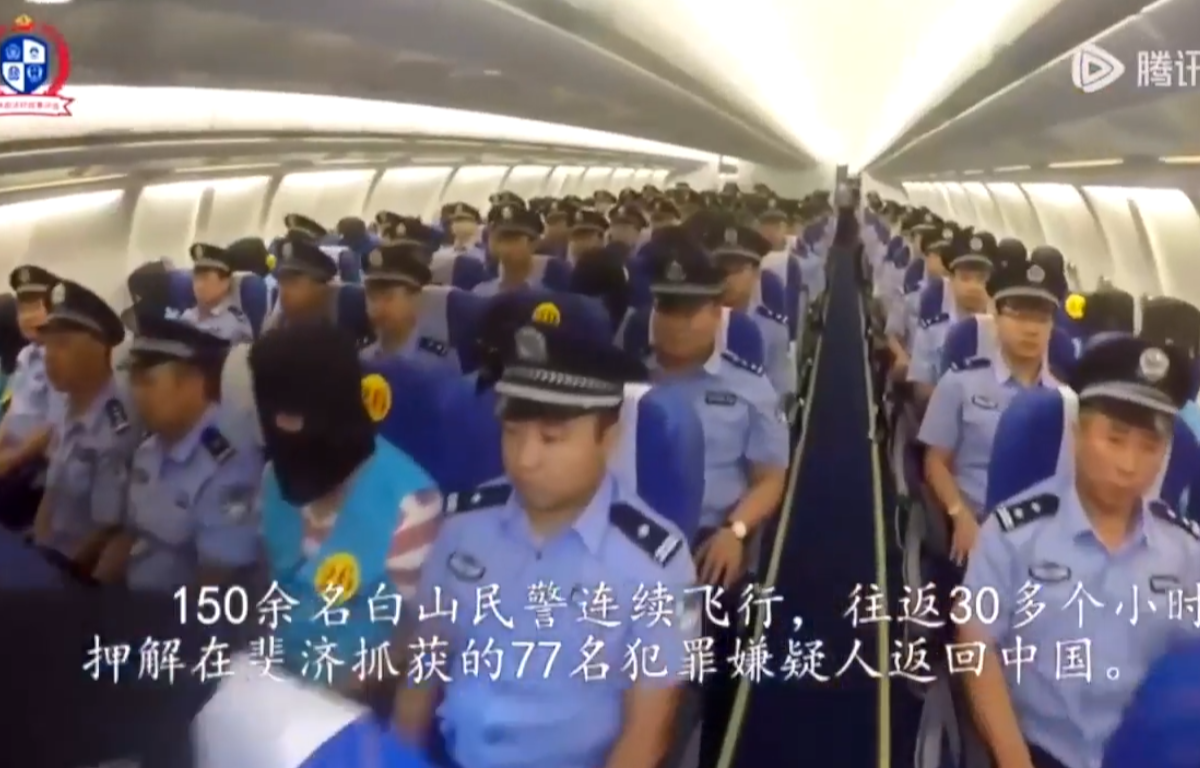
The comments sparked backlash from officials in the region, with Kazakhstan, Kyrgyzstan, and Tajikistan all issuing statements defending their countries’ sovereignty. Russia’s foreign ministry also criticized Zhang’s remarks, saying they “do not correspond to the spirit of good neighborliness and respect for the sovereignty and territorial integrity of states.”
Following the criticism, China’s foreign ministry issued a statement clarifying that Zhang’s comments had been “misinterpreted” and that China respected the independence, sovereignty, and territorial integrity of all nations. The statement emphasized that China had “friendly relations” with all countries in Central Asia and was committed to deepening its cooperation with the region.
The incident highlights China’s growing influence in Central Asia, a strategically important region that lies at the crossroads of Europe and Asia. In recent years, China has invested heavily in the region as part of its ambitious Belt and Road Initiative, which aims to boost trade and connectivity across Asia and beyond.
While the Belt and Road Initiative has brought significant investment to the region, it has also raised concerns about China’s expanding influence and potential for debt-trap diplomacy. In addition, China’s increasingly assertive posture on the world stage has drawn criticism from other countries, including the United States and Europe, over issues such as human rights abuses and territorial disputes.
China’s attempts to clarify Zhang’s comments demonstrate the challenges it faces as it seeks to expand its global influence. While it may seek to reassure other countries of its commitment to respecting their sovereignty and territorial integrity, its actions and words may still be perceived as threatening by some nations. As such, China must balance its desire for greater global influence with a commitment to building strong, cooperative relationships with its neighbors.










Share this: